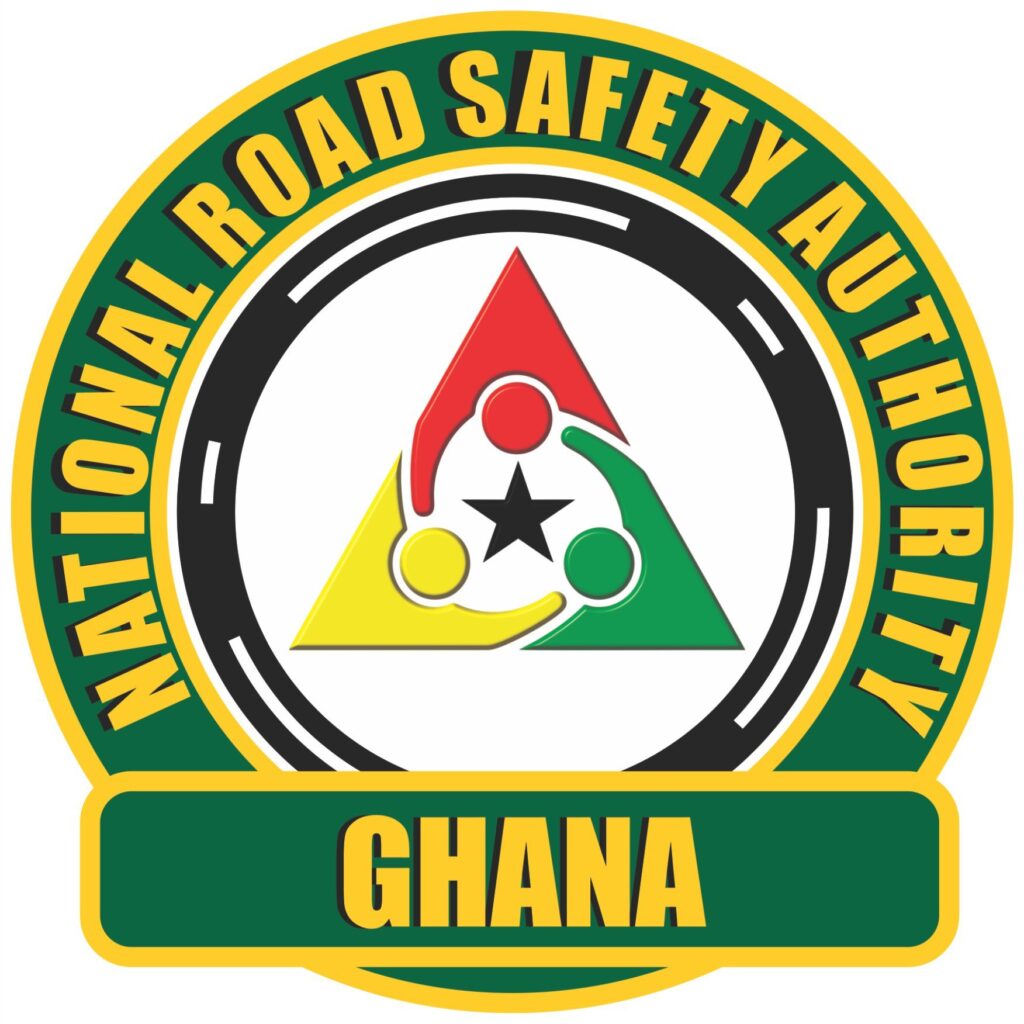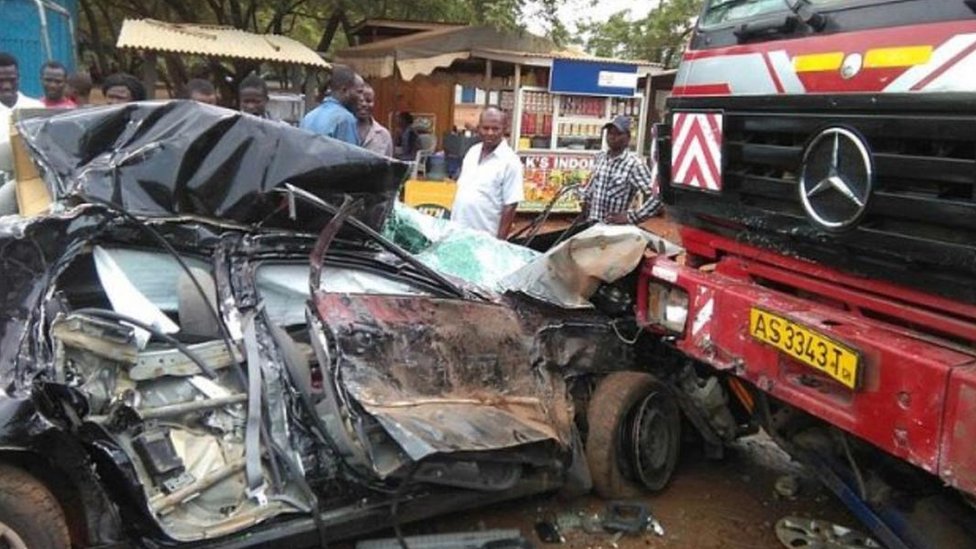Ghana’s recent tragedies have revealed deep cracks in the nation’s safety culture, from the air to the road. The country is still reeling from the helicopter crash on the forested mountains of Adansi Akrofuom that claimed the lives of Defence Minister Hon. Omane Boamah, Environment Minister Hon. Murtala Mohammed, and six others.
While investigators examine weather data, maintenance logs and flight records to determine the cause, the incident has exposed what IMANI Africa describes as “a sobering truth” – Ghana’s long stretch without large-scale disasters has bred dangerous complacency.
“When crises are few and far between, planning for the worst becomes optional, and procurement processes become ripe for corruption”
IMANI Africa
The think tank has argued that the absence of frequent emergencies has created a mindset where leaders devote more energy to personal gain than public protection. It called for the institutionalisation of preparedness through simulation exercises, drills and scenario planning across all ministries, agencies and district assemblies.
These, it said, must not be routine box-ticking activities, but robust engagements involving experts from meteorology, engineering, emergency response, community leadership and civil society.

While attention post-crash conversations have remained fixed on military protocols and ministerial accountability, IMANI warned that an even deadlier crisis is unfolding daily on Ghana’s roads. A week before the helicopter tragedy, 16 children of the Savior Church, Ghana, were killed in a road crash.
Just a day after the crash, multiple fatalities were feared in an accident involving a 2M Express Bus.
The group pointed to unsafe road transport conditions, including pothole-ridden roads, decrepit vehicles, and an almost complete absence of effective regulation. IMANI noted that vehicles like the Mercedes-Benz Sprinter, designed for a maximum of 15 passengers including the driver, are often dangerously modified to carry up to 23 people, with no seat belts for rear passengers.
Similar overloading is common in Toyota Hiace and Hyundai 100 minibuses. The think tank said checkpoint enforcement has been compromised by corruption, with some officers accepting bribes instead of inspecting vehicles. “Rather than enforcing weight limits or inspecting brake systems, some officers have turned rubber-stamping into a side hustle,” IMANI reported.
Reforming A Deadly Culture
The statistics paint a grim picture. National Road Safety Authority (NRSA) figures show that Ghana recorded 13,489 road crashes in 2024, leading to 2,494 deaths and 15,607 injuries across 22,975 vehicles.

In the first quarter of 2025 alone, 3,674 crashes killed 752 people and injured 4,287 others involving 6,143 vehicles.
IMANI’s recommendations for tackling the crisis focused on “regulatory tightening and enforcement reform.” It proposed that the NRSA mandate strict compliance with manufacturer seating capacity in commercial passenger vans, with all seats crash-tested and equipped with functional seat belts.
A digital inspection system should verify compliance before commercial registration is granted, and vehicles failing to meet the standards should be denied registration.
Enforcement, the group argued, must be backed by escalating sanctions, from heavy fines to license suspension, for operators found overloading or running vehicles without seat belts. Non-compliant vehicles already in operation should be phased out, with drivers assisted by financial schemes to acquire safer replacements.
To improve checkpoint accountability, IMANI suggested the use of body-worn cameras, a digital registry of offenders, and community watchdog committees to report extortion without fear of reprisal. It also urged unannounced roadside audits and public compliance scorecards to encourage adherence to safety standards.

Addressing the behavioural dimension of the problem is equally vital. IMANI believes drivers must see seat belt use and speed limits as essential, while passengers must refuse to board overloaded or unsafe vehicles. Civil society, it said, can help by amplifying survivors’ testimonies and pushing for transparent accident investigations.
The think tank framed the August 6 helicopter crash and road fatalities as linked warnings against systemic neglect. “Every life lost to avoidable causes is an indictment of systems that put profit and expedience above protection and prevention,” it declared.
For IMANI, honouring the memories of victims – from the young church members to the fallen ministers – requires channelling national grief into concrete reforms.
In its closing assessment, IMANI insisted that Ghana cannot afford to treat safety as an afterthought. Preparedness must become part of the country’s governance DNA, safeguarding citizens not only from headline-making disasters but also from the everyday perils that claim hundreds of lives on the nation’s roads each year.























